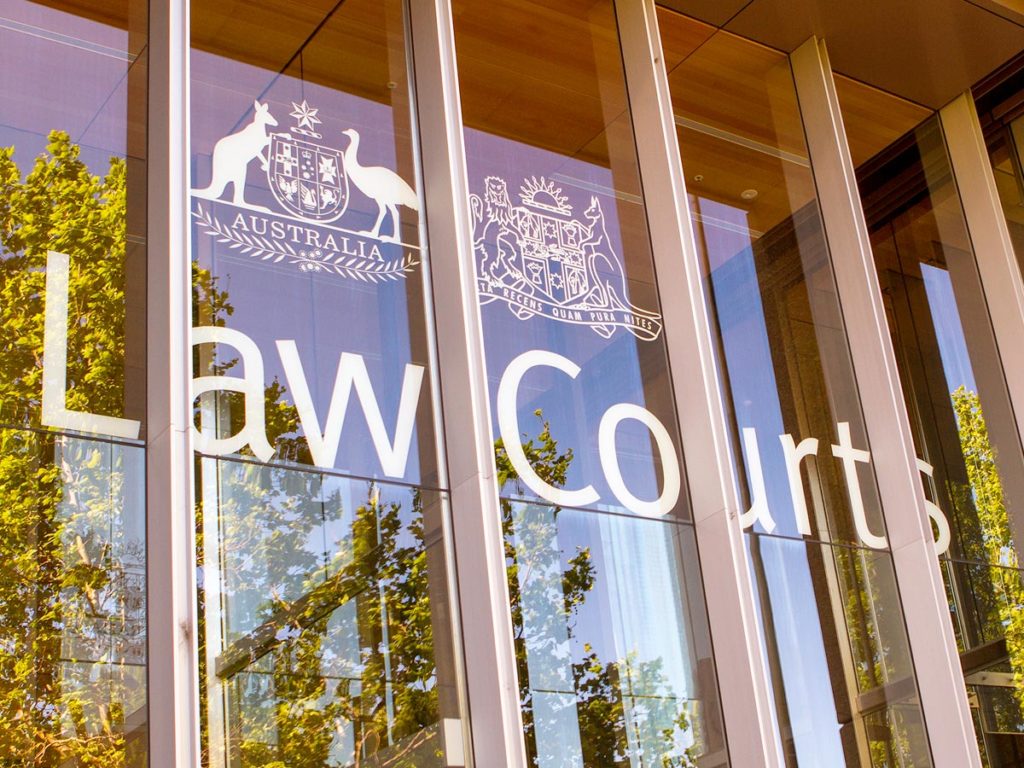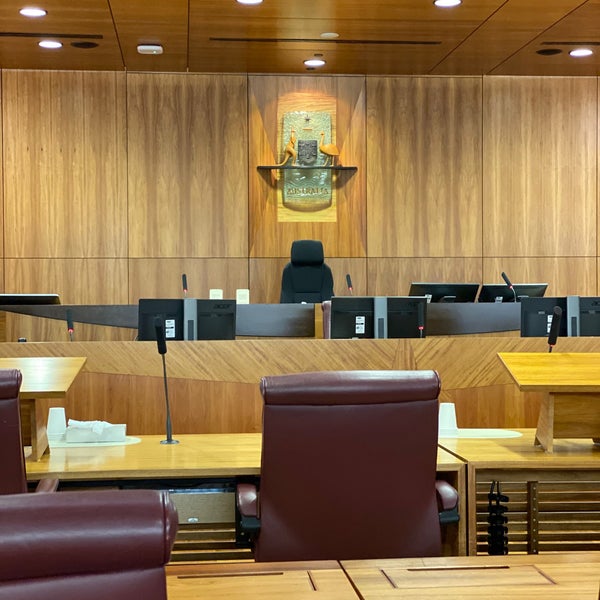Process Servers
Process Servers…. it’s a bit of a strange sounding term to many people. Not a common phrase by any stretch. That then begs the questions… why are they called that? why are they needed? when will I need one? how do I find a good one?
I suppose the simplest way to start unravelling this mystery is where the name comes from. The first part ….. “process” talks about a “court process” otherwise known as court documents, court papers, sealed documents, legal proceedings, etc. The word “process” is a generic term, as different proceedings in a court start different ways. Another generic term used when starting a legal matter is to use its “Initiating Process”, which is to file the documents which get the matter started. There are very specific rules in each Court or Tribunal which filing an Initiating Process and you must be sure you comply with the rules of the Court, or your documents will most likely be rejected when you attempt to file them. If you’re not sure on how the Initiating Process should be completed, you should obtain advice from a legal professional.

Some matters are started by an “Application”, others are started by a “Claim”. Some are started by a “Complaint” and other less common methods are used as well to commence a legal proceeding. The different ways that a legal matter starts is very important to how the person starting it wishes for the matter to proceed and their end goal. If you’re unsure how to start a legal proceeding, or which Court or jurisdiction the matter should be started in, it’s best to talk with the Court directly or a trained legal professional, like a solicitor.
Once you’ve filed your Initiating Process, irrespective of the Process, the Court will expect all involved persons, parties and entities to be given a copy of what has been filed in the Court. The Court will usually not be willing to proceed with the matter if they’re not convinced the other people involved have a copy of the documents filed in the Court.
Often the rules of the Court specify that a copy of the legal documents must be given personally to the other person or people named in the Initiating Process. There are exceptions to some personal service rules, which allow for giving the documents by slightly varied methods as well, like leaving it with a co-resident where the person lives. When taking the documents to the person and handing to them, the method of giving the documents is called “serving” and the person handing them over is the “server”. Hence the name “Process Server”. In essence a Process Server is a person who delivers legal documents to people and entities like companies.

Given the Courts in many cases are needing for the documents to be personally served on the other person, the need for process servers is absolute. Particularly where certain types of documents are explicitly excluded from the filing person being allowed to serve the documents themselves.
There are also great advantages in having a process server complete the service of the documents. Process servers do this work on a daily basis and are very familiar with the different and sometimes difficult circumstances arising when serving documents. Process servers know what the Courts expect in proving service happened appropriately. It’s very important on the day of going before the Court, that the person filing the Process with the Court can satisfy the Court that the documents came to the attention of the other person or people. The Process Server knows what’s required in providing that proof for the Court and will provide that proof after the documents are served. Another great advantage of a process server is they are distanced from the matter. People getting served are often resistant to being served and wish to be difficult or engage the process server in discussion about the matter. The process server simply advises they are not involved in the matter and are only delivering the documents. This often assists in reducing the resistance of the person being served.
Common places ordinary people may need a process server might be when a relationship or marriage ends. Often there is an Application for Divorce or Property or Children’s matters which need to be addressed before the Court. These are a highly common filing which need to be served on the other person in the relationship. Another common filing is a claim for unpaid money, such as under an agreement, services rendered, unpaid invoices, costs of motor accident repair, etc. These are filed in a number of different Courts, Tribunals and Jurisdictions, depending on the type of matter and the value of the money claimed. Different Courts, Tribunals and Jurisdictions, allow for service to proceed in different ways and a Process Server will know the requirements for each Court prior to serving the documents.
The best way to find a process server is online searching. There are many very experienced firms who are easy to find with an internet search. Pricing will vary from firm to firm and also based on the area of service and jurisdiction. As a guide to costs look at our pricing page. An exact quote can also be provided using the form on the page. The best way to pick a process serving is to ask them some questions about how they will address various issues which may arise in serving your documents. A good process server will always have answers to your questions. If they sound confused or unsure, they’re not the right person to get your job done. A good process server will also respond to you relatively quickly, if it’s taking days to get answers to simple questions, guaranteed you’ll have the same problem if you instruct them to serve your documents. Call the next person on the list.
If you’re ready to proceed to serving your documents, we can assist. Please follow our Step-by-Step guide to commence instructing us, else feel free to call or email with any further questions you may have.
